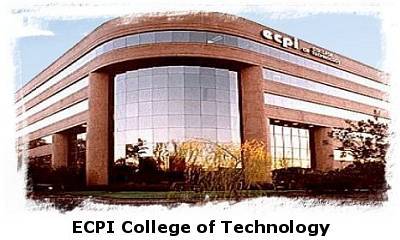Introduction
ECPI University was founded in Virginia in 1966. At the time, computers may not have been as commonplace as they are today, but the computer and information technology industries were growing rapidly, increasing the need for computer programmers and operators, as well as support professionals. Individuals with these skills were sometimes hard to find, and that’s where ECPI came onto the scene.
The school’s first students were a mix of recent high school graduates looking to train for a job in the latest technological industry and adult students searching for a career change to an industry with a future. ECPI offered these students certificate or degree programs using standard industry equipment to learn the most in-demand job skills. Students also benefited from small classes and teachers who combined both academic knowledge and hands-on experience.
ECPI later expanded to include more areas of computer technology and electronics among its programs, as well as business, nursing, and medical fields of study. The college began awarding Associate of Applied Science degrees in 1990, and Associate of Science and Bachelor of Science degrees later became available.
Today, this private technological university has grown to encompass more than 8,000 students, and in addition to its main campus in Virginia Beach, it features several other Virginia campuses in Newport News, Richmond, Innsbrook and Manassas. North Carolina locations in Greensboro, Raleigh, Charlotte, and Concord, and South Carolina campuses in Charleston, Columbia, and Greenville round out the large footprint of ECPI.

